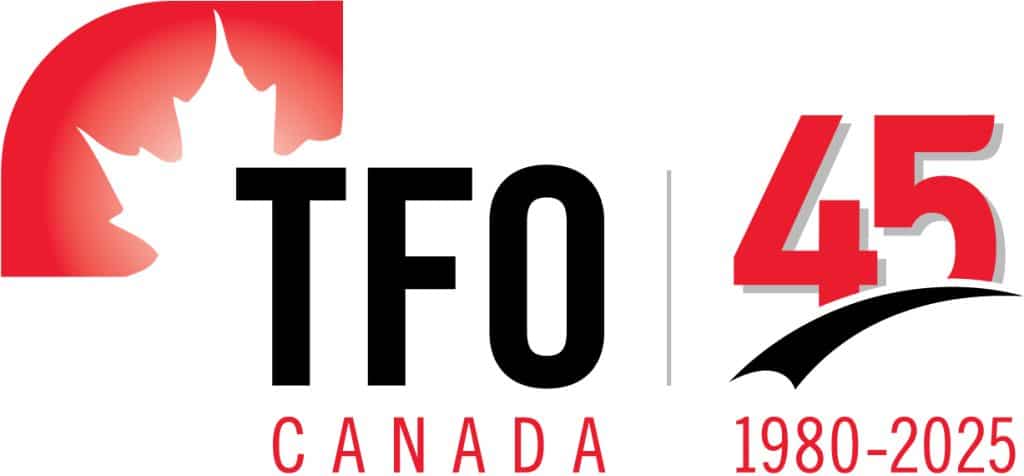Majority of consumers trust brands that employ user-generated content
“Influencers might not push consumers toward the path to purchase as much as they once were, according to a study from EnTribe. In fact, brands using influencers may be experiencing an adverse impact.
EnTribe’s survey found:
- 90% preferred to see brands share content from actual customers compared to sponsored influencer content.
- 86% stated they are more likely to trust a brand that publishes user-generated content as opposed to influencers.
- 12% shared they have ever purchased a product from an influencer; of those, 42% admitted they were unhappy and regretted the purchase.
- If brands incorporated content from everyday consumers into marketing initiatives, 83% stated they would be more inclined to purchase their product.
Influencer overexposure
The majority of consumers (86%) reported seeing sponsored posts from influencers frequently or occasionally in their social media feeds, EnTribe found. In turn, more than half (51%) simply scroll post influencer posts while 29% go so far as to say they hate influencers and find them untrustworthy. On the other hand, 81% said a brand’s use of influencers has either no impact or a negative impact on their perception.
Additionally nearly 30% of respondents said influencers are fake and many mistrust and are skeptical of influencers.
“Retailers should recognize that their best marketing is their authentic community’s word-of-mouth advertising, and the best advertising today is photos and videos,” Adam Dornbusch, EnTribe’s founder and CEO, told Retail Leader. “By creating a one-on-one relationship with their community, they can build an army of authentic creators that can be an extension of their marketing team. They can be activated any time new campaigns are needed.”
Nearly 40% of respondents also said influencers negatively impact their perception of a brand.
“Brands need to be very careful about authenticity,” Dornbusch said. “ It is very easy for an influencer to cause harm to a brand, but if the influencer is truly an advocate of the brand and its products/services and can come across as authentic, there still can be value there.”
While authenticity and being organic is important, Dornbush cautioned that just because an influencer meets the target demographic and psychographic criteria for the brand, does not make the influencer an authentic source of reliable information. “Audiences today can see that,” he said.
User-generated content
The vast majority of consumers (80%) prefer friend or peer recommendations over influencer promotion when deciding to purchase a product, and 90% said they’ve made purchase decisions based on peers’ endorsements, EnTribe reported.
On the other hand, 62% have never purchased from a celebrity promoted product. For those that have made influencer-endorsed purchases, 40% were disappointed, according to the survey.
In turn, content from actual customers is critical.
“This is the evolution of reviews or the star rating,” Dornbusch said. “Customers now expect to see real content from actual customers or they might not trust what they are getting.”
Social commerce’s impact
According to EnTribe’s survey, 80% of Gen Zers (for the purposes of this survey those aged 18-29) said they’ve shared or would share purchases on social media. More than half of Gen Z (55%) want to be featured by brands on social media — two times more than older generations. Gen Z is buying mostly on TikTok and Instagram, while older generations are four times more likely to use Facebook for purchases.
“Social commerce is going to get even more targeted and niche,” Dornbusch said. “Even though it’s getting harder to target because of privacy rules, AI and new targeting mechanisms are changing the game. Consumers will start getting even more tailored content. Influencers are at a tipping point. The authentic ones that have category expertise — travel experts, chefs, etc. — will rise above the rest and still be successful, but the days are waning for just making money by being famous.””
*This article is excerpted from Canadiangrocer.com website, published 22 June 2023
